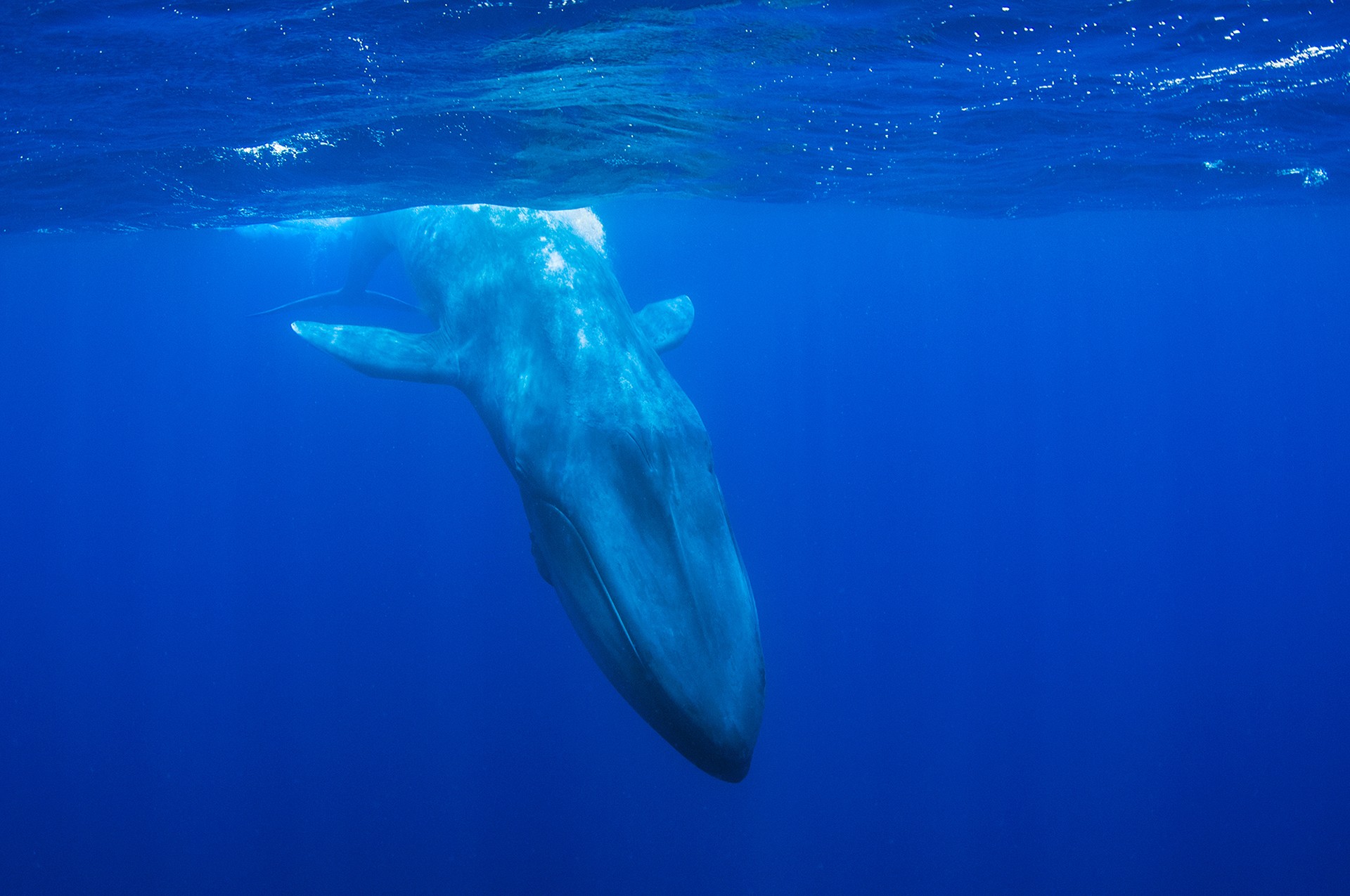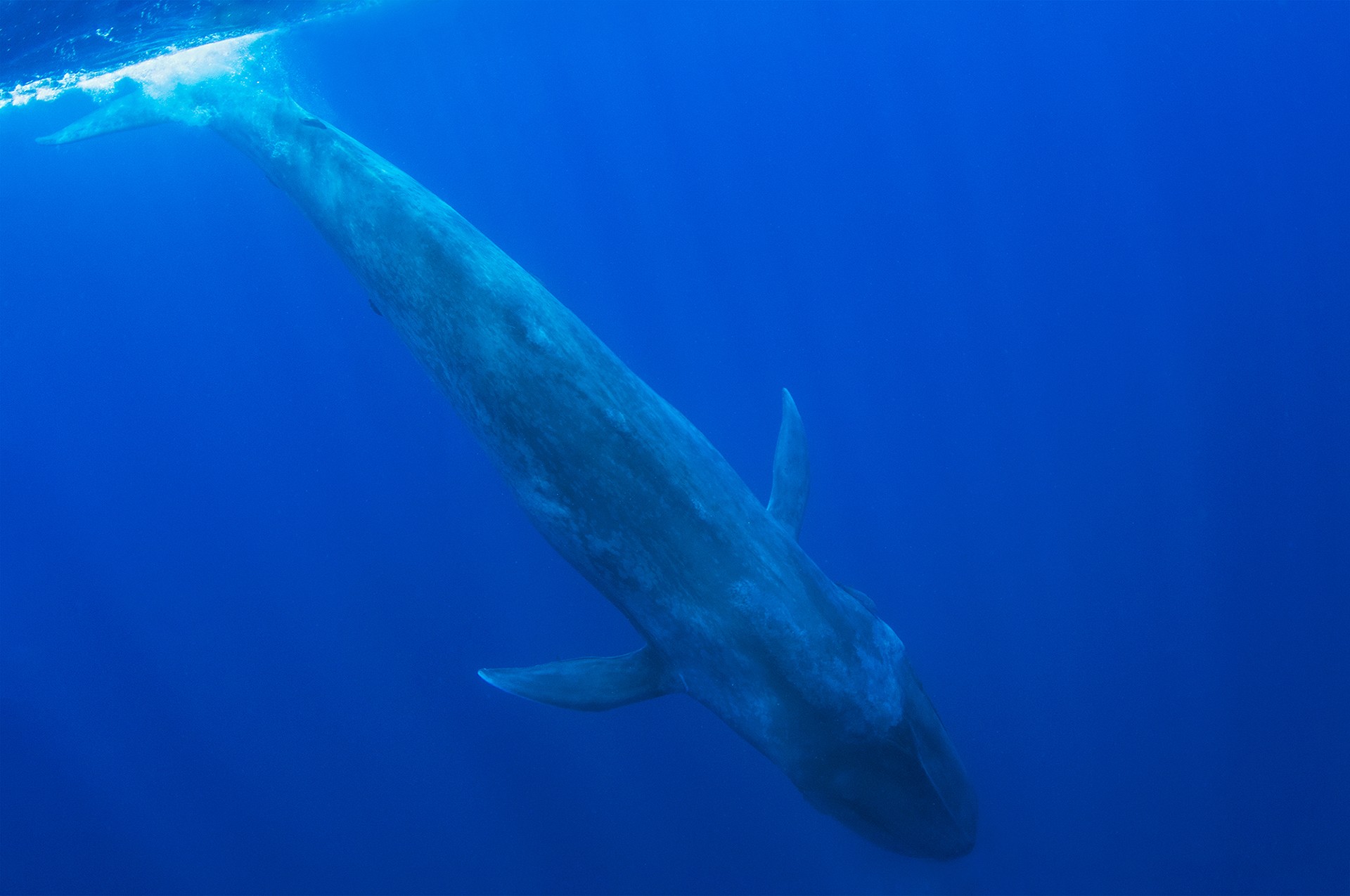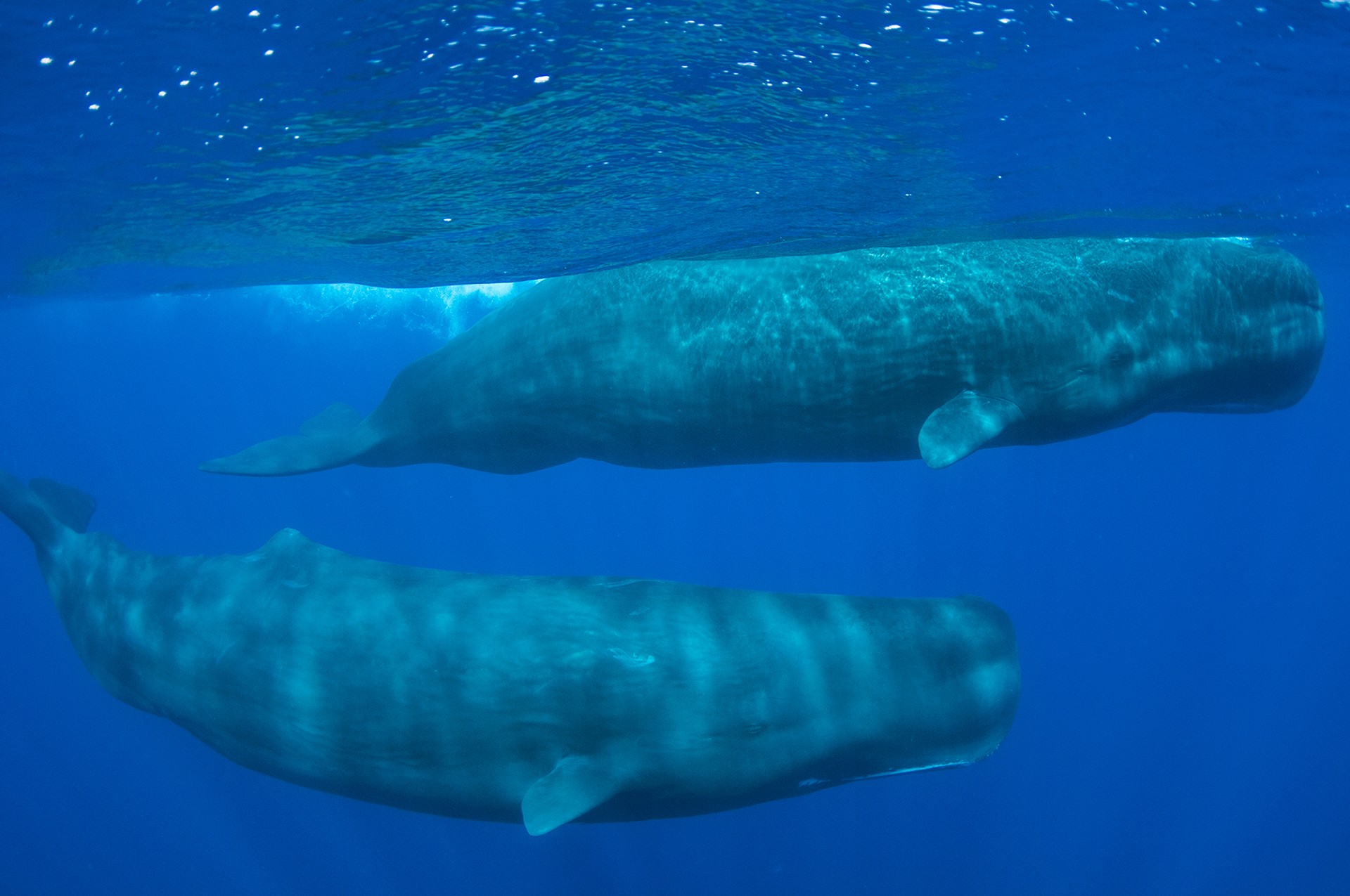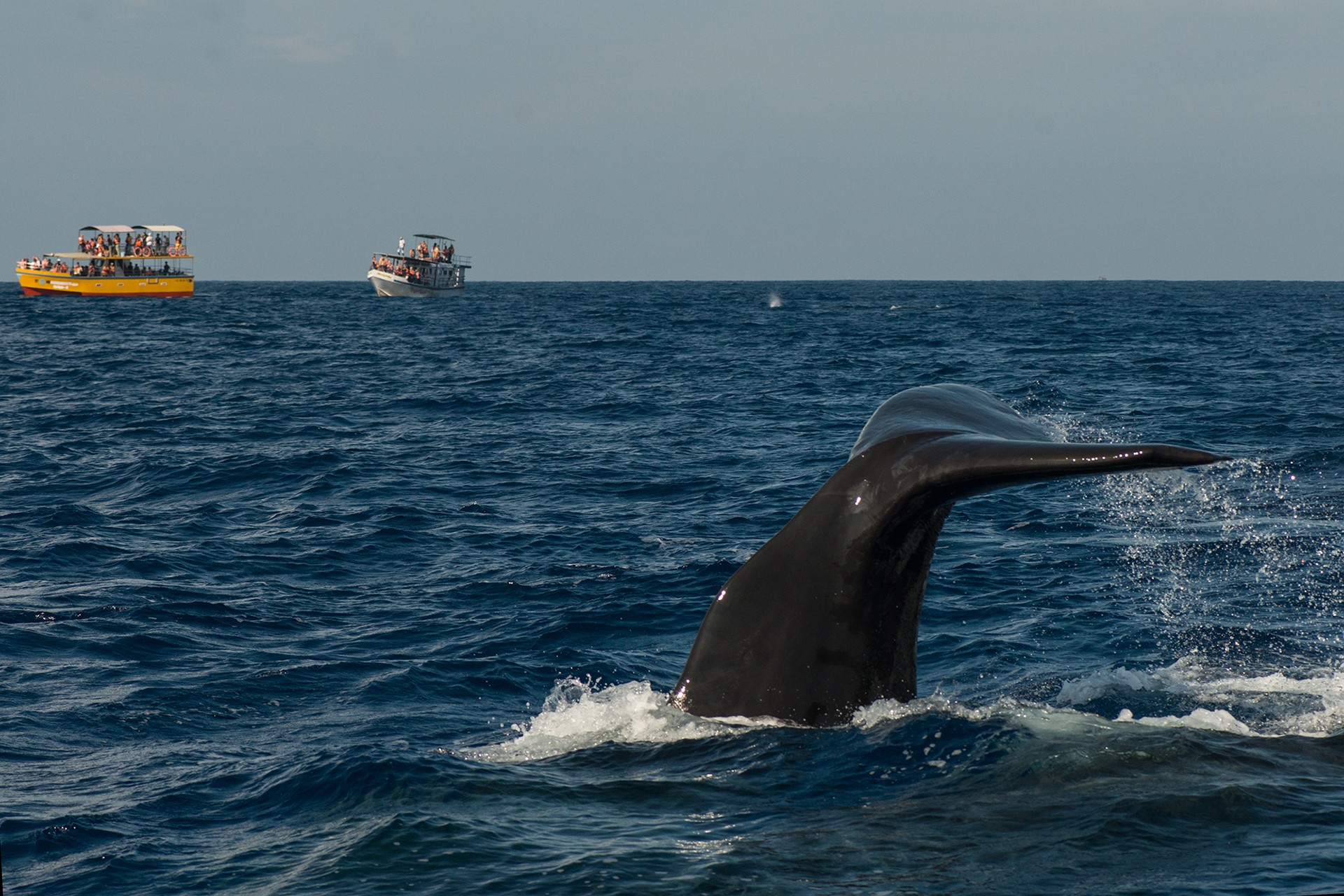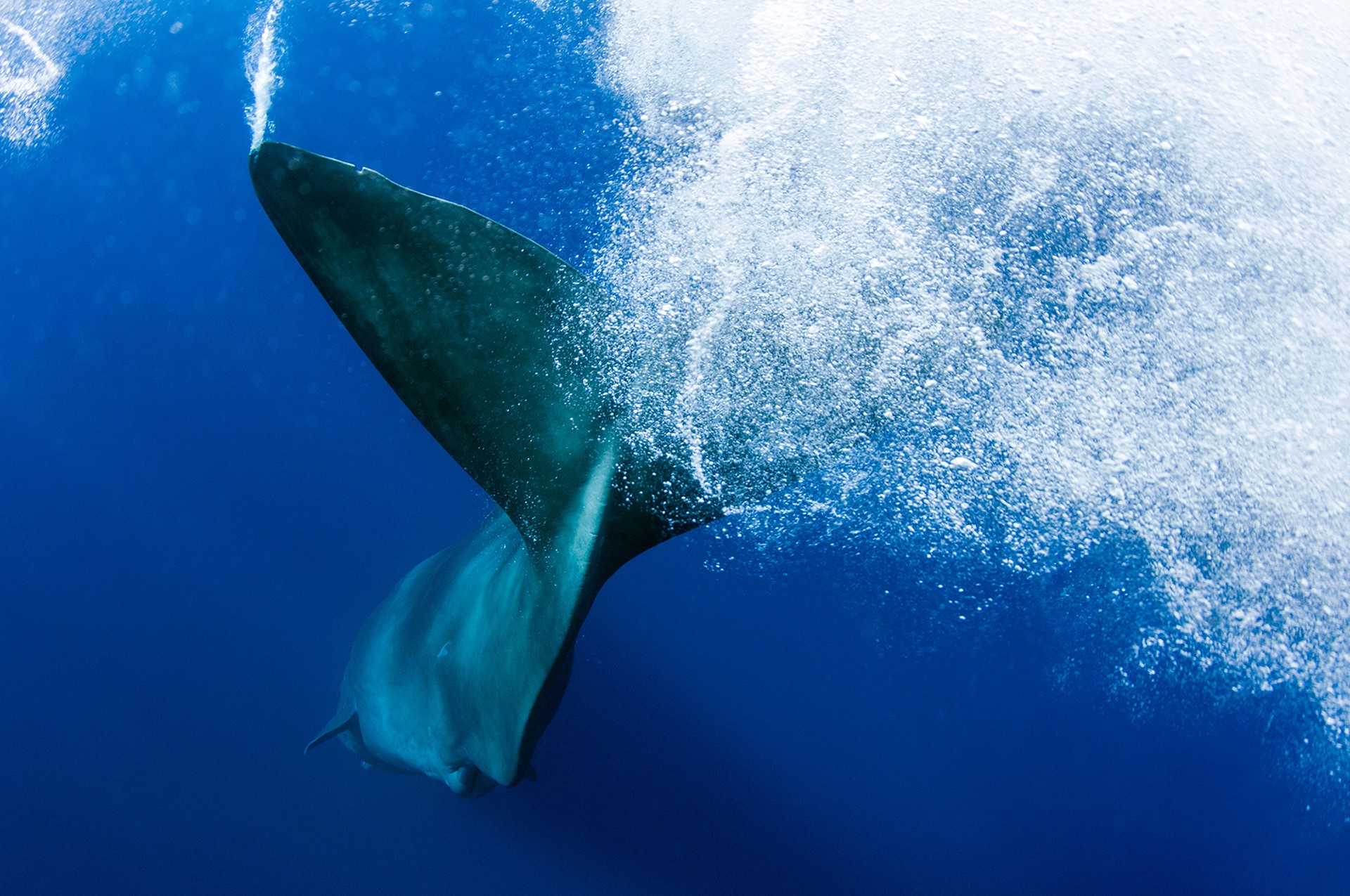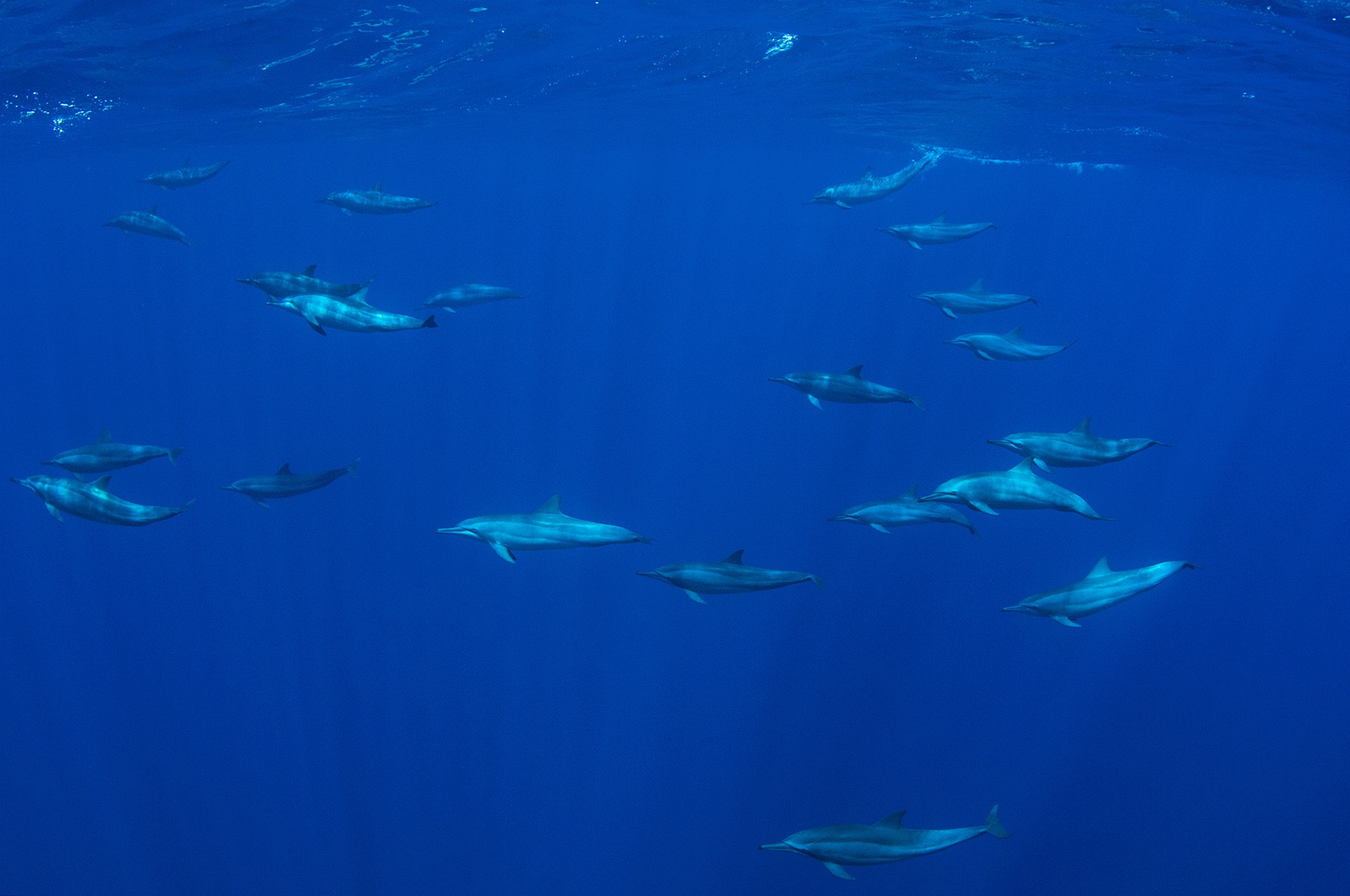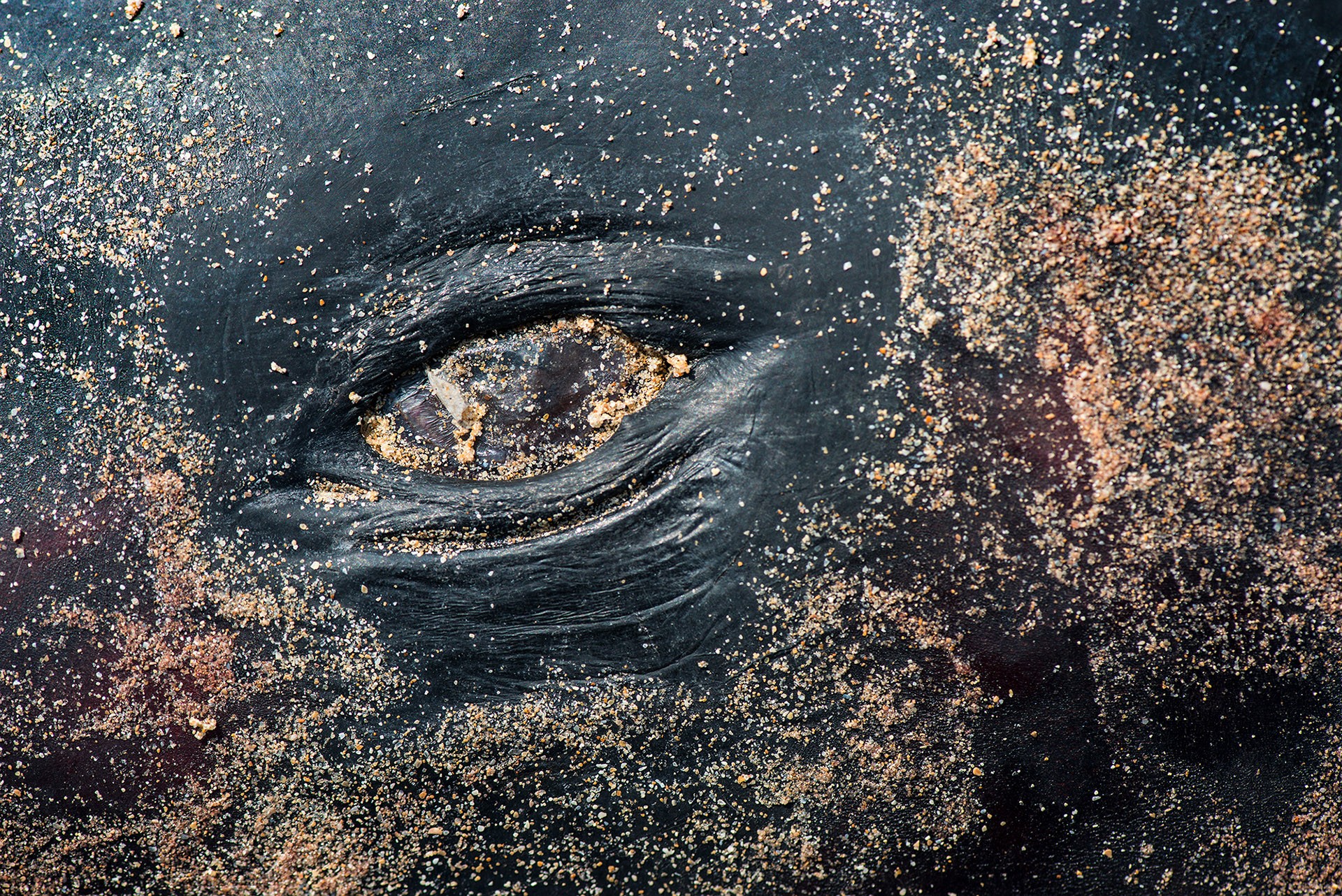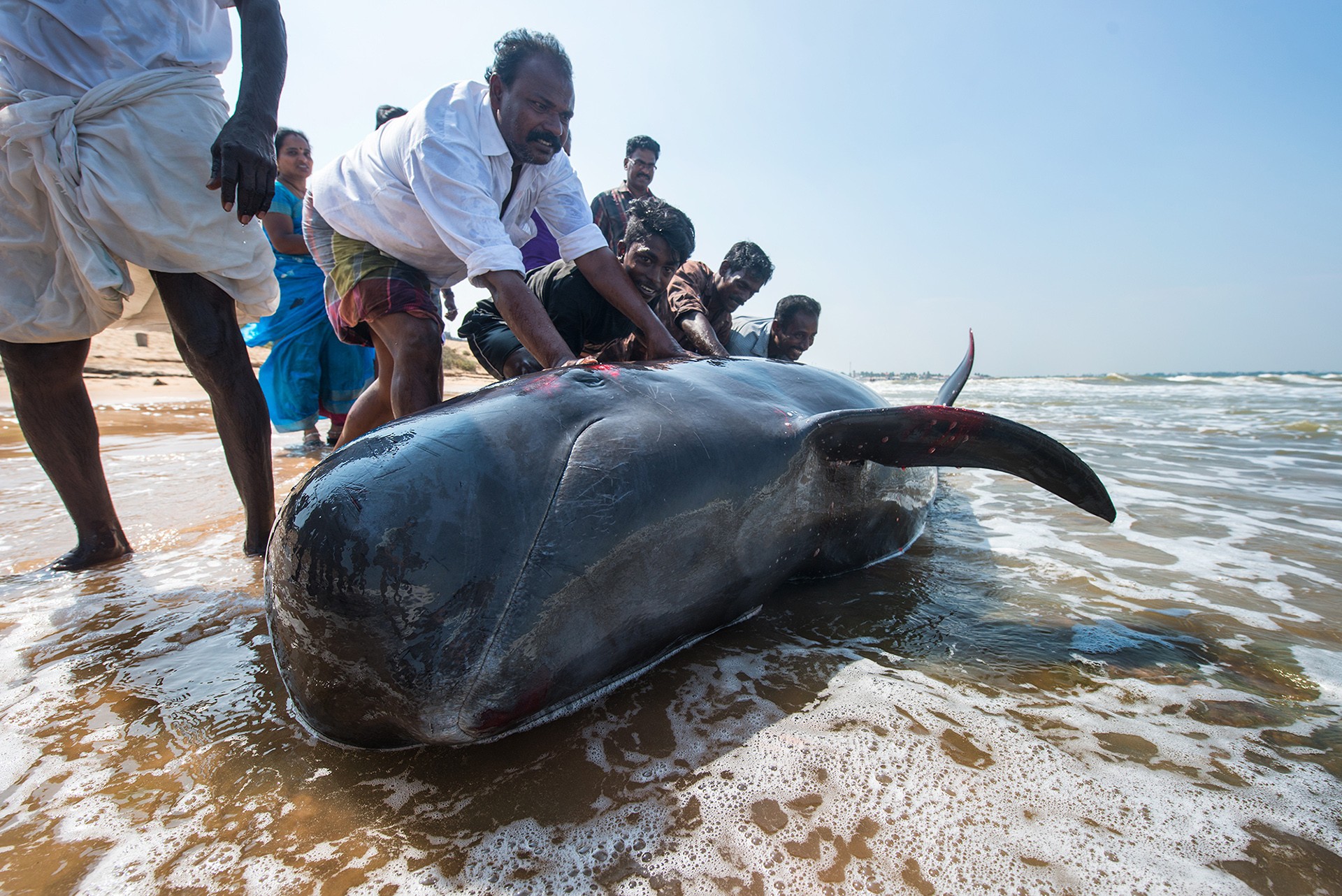Once again whales in the news overwhelm us and once again it is because of a mass stranding – 600-odd pilot whales were stranded over a span of four days on South Island, New Zealand this week. A little over a year ago, on January 12, 2016, more than a 100 pilot whales died after beaching themselves on the coast of Manapad, Tamil Nadu. Four years prior to that, a similar incident occurred near Elizabeth Bay, on the west coast of the North Andaman Island.
Whales and dolphins use SONAR to navigate – emitting sounds and using the echo to judge depth, proximity and information about the direction they are travelling in. Beaching and stranding is not uncommon when this particular faculty of a whale or dolphin is disrupted. In fact, there have been records of close to a 1,000 pilot whales being stranded on the Chatham Islands in 1918.
However, the frequency of such incidents, the sharing of information, and awareness has pushed people to start questioning, researching and studying these events and creatures in more detail. It seems to be established that a wide range of phenomena could trigger such mass mortality – moderate earthquakes, geo-magnetic deviations, sonic waves and even tidal currents could possibly disorient them.
Scientists are now focussing on the ears of dead whales to learn how underwater man-made noise pollution could affect cetaceans (dolphins, whales and porpoises). We also know that many marine mammals, like pilot whales, have strong social bonds, and this might indicate why they follow each other in such large numbers, or even return to the beaching site after rescue interventions.
Military SONAR has also been proved to confuse whales and drive them off course. In the year 2000, this became the centre of debate after a large number of whales stranded themselves on the beaches of the Bahamas during Naval exercises.
As with so much of our ocean, we know very little about the movements and biology of pilot whales, which are among the largest of the oceanic dolphins.
Russ George, CEO and Founder of Planktos Inc., calls whales ‘Farmer Stewards Of Their Vast Ocean Pastures’. Among their many ecological roles, whales recycle nutrients and enhance primary productivity in the areas where they feed. Their presence positively influences the function of oceans, global carbon storage, and the health of commercial fisheries.
For those who have had the fortune to witness the wonder of these powerful, sensitive and intelligent creatures – it is without a doubt the most humbling experience.
